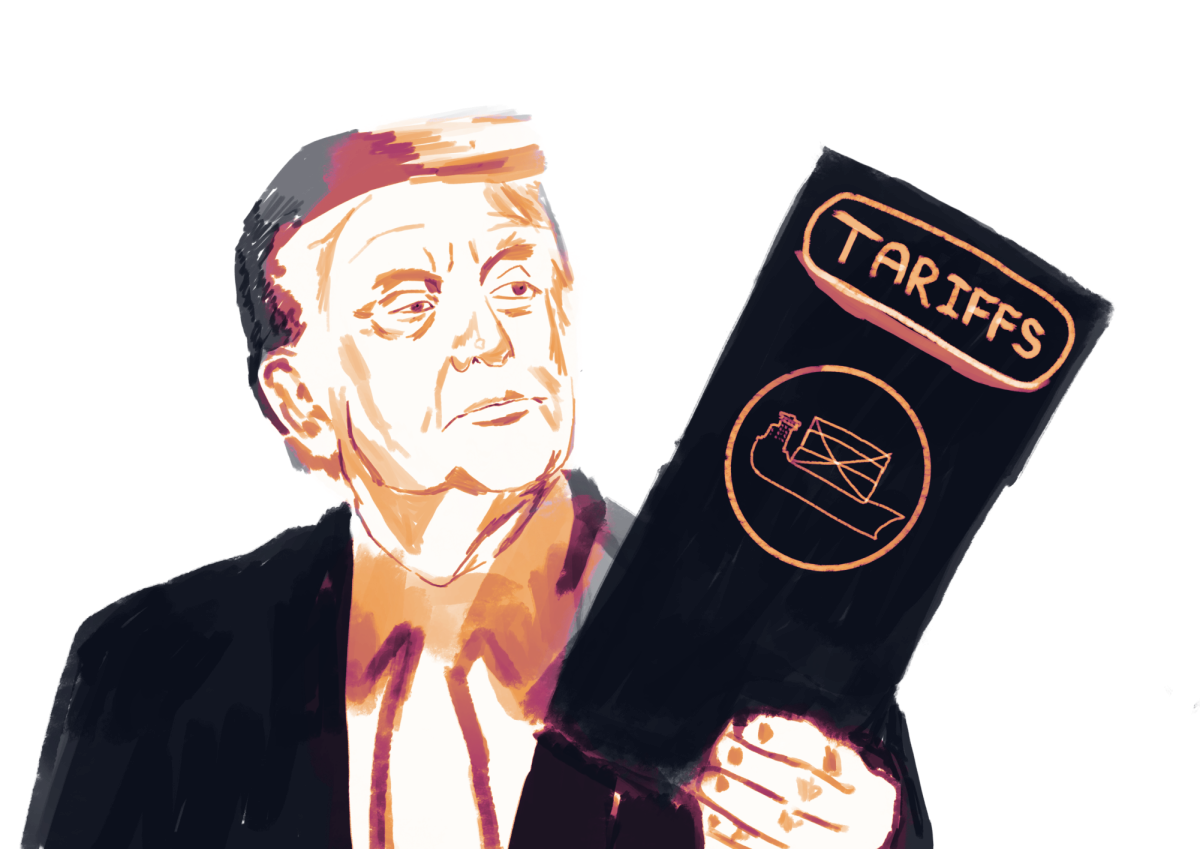
Dionne Peterson
An individual who is meant to embody the uncompromising spirit of democracy. An administrative position that is entrusted with the duty of guaranteeing the liberties of the Constitution.
The President of the United States is a highly paradoxical position, one that is supposed to differ greatly from the authoritative powers endowed in the monarchy, but still has to oversee the wealthiest and most militaristically powerful country in the world.
With the advent of Trump’s presidency, debates on the constitutional authority or overreach regarding executive orders are fervent.
Are Trump’s executive orders constitutional? Should a supposedly democratic executive wield so much power? Well, it’s complicated.
All the rage has been with Elon Musk’s Department of Governmental Efficiency (DOGE). Through an executive order, Trump designated Musk, the world’s richest individual, as a special government employee, which means he can work for 130 days a year.
DOGE has worked under the guise of slashing regulations and wasteful spending in their eyes, and thus far, they have ended Diversity, Equity, and Inclusion (DEI) programs, shut down USAID (which provides foreign aid), and in the hopes of saving taxpayers billions.
The group is also aiming to shut down the Department of Education, and return the funding proportionally to the states. Many groups are already in litigation against Musk, especially as DOGE has allegedly accessed Americans’ personal information via the U.S. Department of Treasury. I believe we need to cut spending and regulation, but does it need to be via the richest man in the world at the helm?
People already don’t trust the bureaucracy—slashing spending without the consideration of Congress is appalling. Why should a non-cabinet department have so much authority? The Supreme Court is likely to rule on whether the creation of DOGE is constitutional, but before it does, the agency will continue to face lawsuits.
Trump, with the help of Musk, has recently extended a severance package to nearly two million federal employees giving them pay through September if they choose to resign; nearly 70,000 employees have already taken the offer.
Now the purview of the government, in my view, is still too extensive, and I appreciate Trump for drafting such a generous severance package, especially since most packages in the corporate world don’t exceed a month.
But, some employees who don’t take this offer will likely be laid off mere months into the future—the administration is trying to cut 10% of the federal workforce. These cuts will certainly impede the function of government, and citizens will be affected in a variety of ways. This is similar to a program that Musk initiated when he bought Twitter in 2022: I’m worried, and I think a lot of the nation is, about Musk’s overreach.
It’s impossible to ignore the fact that the executive office is given the authority to create executive orders, and it’s another thing to take a unilateral ideological stance on all of Trump’s numerous executive orders. I believe that if there’s any question over the legality of an order, especially if there’s no legal precedence, it shall not be instituted.
Trump’s hundreds of executive orders over the first months of his presidency serve as a chilling warning for what might happen if we don’t have an independent legislature and judiciary to check the executive’s power.
